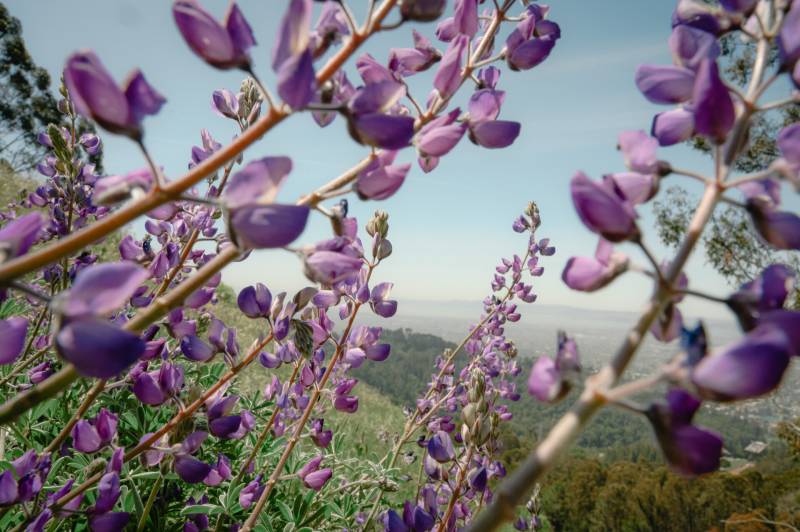Nesrin Tarablosi is the founder of Adventure Mama of 3, an Instagram page where she shares her tips for exploring the outdoors with her three kids. Tarablosi has always loved the outdoors, but previously felt like she needed someone with her for protection, a feeling that held her back for many years.
She cherishes her memories of spending time with her father watching a sunrise, or running on the beach. But a few years ago her father suffered a stroke, was in an induced coma for about a month, and never returned to his normal state. This was around the same time Tarablosi gave birth, and was experiencing postpartum depression alongside grief from her father’s condition.
During this period, at her lowest point, she thought to herself: “There’s no way I can heal from this.”
She got into her car and decided to embark on a solo hike. She drove from San José to Point Reyes National Seashore. When she arrived, it was close to sunset, and the doubts crept in.
“I remember seeing a ranger in the parking lot and I’m just like, ‘Oh my God, what am I doing?’” she said.
She decided to proceed and the ranger recommended the Divide Meadows trail, which meanders from the Bear Valley trailhead to Bear Valley Creek, toward a meadow.
Tarablosi recalls asking the ranger: “How do I know what the Divide Meadow trail is?” He said: “Trust me, you’re going to know.”
“Once we got there, I saw this big opening with the cloud[s] just coming in over the trees, and it just completely took my breath away,” Tarablosi said.
“I remember coming back from that hike, and I just felt completely uplifted,” she said.

